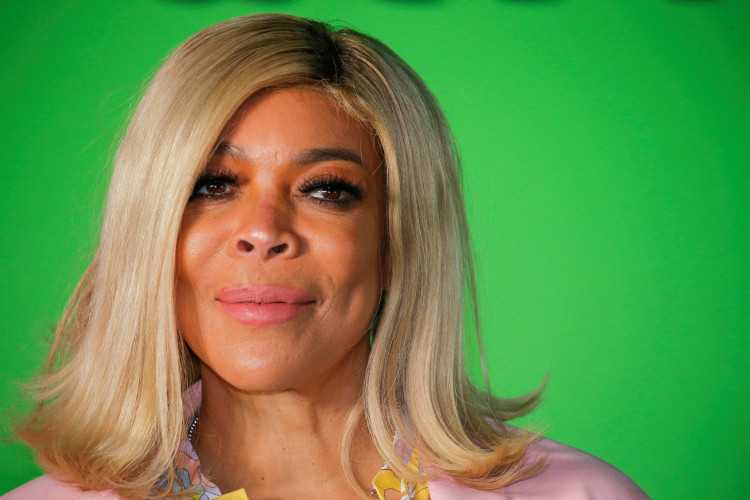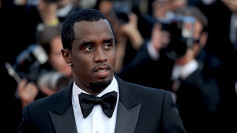The premiere of the Lifetime documentary "Where is Wendy Williams?" has sparked a significant reaction among fans of the iconic talk show host, especially regarding the revelation that Wendy Williams approved an astonishing $100,000 in Uber Eats orders for her son, Kevin Hunter Jr. This particular detail has left audiences both shocked and intrigued, as it seems to contradict the thrifty persona Williams often portrayed on her show, particularly when discussing grocery shopping and budgeting.
During the documentary, Wendy's nephew, Travis Finnie, shed light on the family's financial dealings, hinting at potential exploitation. The narrative then shifted to Kevin Jr., who defended the substantial expenditures as necessary for maintaining the lifestyle his mother was accustomed to. "When my mom was living down here, as one can imagine, it's not a cheap lifestyle," Kevin Jr. explained, highlighting the costs associated with private travel and medical appointments, all charged to one American Express account under Williams' approval.
Travis provided further context, comparing the Uber Eats expenses to other lavish spending, "To put it into perspective, Kevin's birthday party that his mom threw was $120,000. Kevin's rent was $80,000. Kevin's Uber Eats probably exceeded $100,000 that his mom approves." This comparison aimed to rationalize the food delivery expenses within the broader scope of the family's lifestyle, yet it did little to quell public astonishment.
The documentary's revelations prompted a flurry of reactions on social media platforms, particularly on X, formerly known as Twitter. Viewers expressed disbelief and concern over the seemingly imprudent financial decisions, especially given Williams' hiatus from television and ongoing health issues. One user highlighted Williams' previous comments on her show about being economical with groceries, questioning the justification for such an exorbitant spend on food delivery, "If you watched Wendy Williams, then you will remember how she talked about being thrifty about groceries. She would not be okay spending $100k on Uber eats. I'm not convinced."
Another viewer expressed incredulity at the sheer scale of the expenditure, "HOW YOU SPEND 100K ON UBER EATS KNOWING UR MOMMA OUT OF WORK..?" This sentiment was echoed by others who struggled to comprehend how such a sum could be spent on meal deliveries alone, with one user humorously speculating about the nature of the orders, "Wait a minute. I ain't rich but I might spend $200 per month on Doordash/Uber Eats. $350 this month because of the Super Bowl. But $100,00? What are you doing? Ordering Steak, Caviar and Lobster every day?"
The documentary, while shedding light on various aspects of Williams' life, has particularly highlighted the complex relationship between her public persona and private realities. The Uber Eats revelation not only raises questions about Williams' financial management but also invites a broader discussion on celebrity culture, privacy, and the challenges of maintaining a public image that aligns with personal truth.





